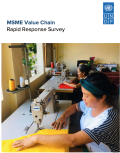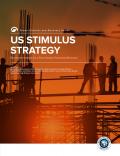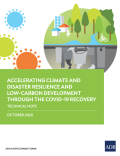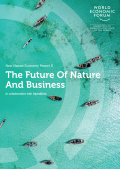
As part of UNDP's global effort to support countries design effective strategies and programs to recover from the COVID-19 crisis, UNDP Philippines conducted a rapid response survey for MSMEs to capture the experiences, behavior, and perceptions of the MSMEs as they cope, respond, and adapt to the supply shocks in the value chain due to the enhanced community quarantine.

This report outlines RMI’s recommendations for four key programs that US policymakers can use to jumpstart the economy, address equity, and advance a low- or zero-carbon future for the United States.

The scale of the COVID-19 crisis and the associated size of the response mean that decisions governments make now will influence systems, create assets, and define development directions well into the future. ADB developed this technical note to help its developing member countries in moving forward, with the assessment framework intended to serve as a tool that decision-makers can use to select and prioritise a package of recovery interventions that will collectively achieve recovery, climate, and resilience objectives.
This report aims to kickstart a more holistic discussion on the full suite of public policies needed to support innovation for a circular economy in Canada. It explores these policies through insights from experience with clean innovation, and a review of the emerging global menu of circular economy policies. Based on this analysis, it highlights gaps that need to be addressed and makes the case for building a robust innovation ecosystem to support the circular economy transition.

The Future of Nature and Business, the second of three reports in the World Economic Forum’s New Nature Economy series, provides the practical insights needed to take leadership in shifting towards a much needed nature-positive economy. The report highlights the need for a fundamental transformation across three socio-economic systems, which represent over a third of the global economy and provide up to two-thirds of all jobs.
